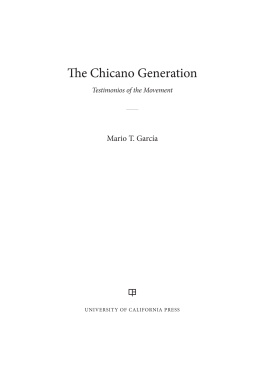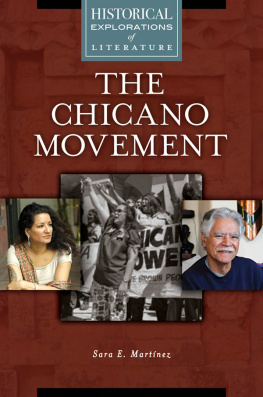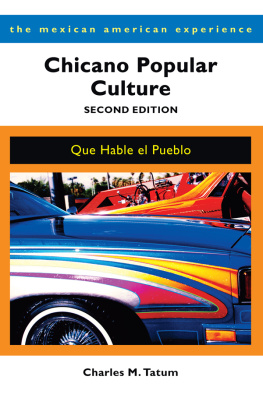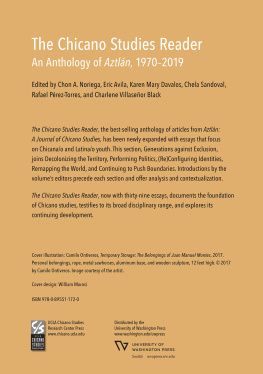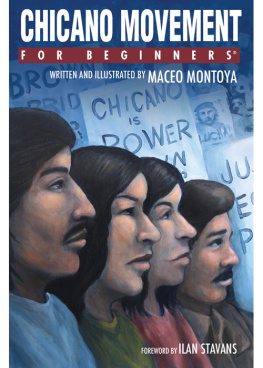Randy J. Ontiveros - In the Spirit of a New People: The Cultural Politics of the Chicano Movement
Here you can read online Randy J. Ontiveros - In the Spirit of a New People: The Cultural Politics of the Chicano Movement full text of the book (entire story) in english for free. Download pdf and epub, get meaning, cover and reviews about this ebook. year: 2014, publisher: NYU Press, genre: Politics. Description of the work, (preface) as well as reviews are available. Best literature library LitArk.com created for fans of good reading and offers a wide selection of genres:
Romance novel
Science fiction
Adventure
Detective
Science
History
Home and family
Prose
Art
Politics
Computer
Non-fiction
Religion
Business
Children
Humor
Choose a favorite category and find really read worthwhile books. Enjoy immersion in the world of imagination, feel the emotions of the characters or learn something new for yourself, make an fascinating discovery.

- Book:In the Spirit of a New People: The Cultural Politics of the Chicano Movement
- Author:
- Publisher:NYU Press
- Genre:
- Year:2014
- Rating:3 / 5
- Favourites:Add to favourites
- Your mark:
In the Spirit of a New People: The Cultural Politics of the Chicano Movement: summary, description and annotation
We offer to read an annotation, description, summary or preface (depends on what the author of the book "In the Spirit of a New People: The Cultural Politics of the Chicano Movement" wrote himself). If you haven't found the necessary information about the book — write in the comments, we will try to find it.
Reexamining the Chicano civil rights movement of the 1960s and 1970s, In the Spirit of a New People brings to light new insights about social activism in the twentieth-century and new lessons for progressive politics in the twenty-first. Randy J. Ontiveros explores the ways in which Chicano/a artists and activists used fiction, poetry, visual arts, theater, and other expressive forms to forge a common purpose and to challenge inequality in America.
Focusing on cultural politics, Ontiveros reveals neglected stories about the Chicano movement and its impact: how writers used the street press to push back against the network news; how visual artists such as Santa Barraza used painting, installations, and mixed media to challenge racism in mainstream environmentalism; how El Teatro Campesinos innovative actos, or short skits,sought to embody new, more inclusive forms of citizenship; and how Sandra Cisneros and other Chicana novelists broadened the narrative of the Chicano movement. In the Spirit of a New People articulates a fresh understanding of how the Chicano movement contributed to the social and political currents of postwar America, and how the movement remains meaningful today.
Randy J. Ontiveros: author's other books
Who wrote In the Spirit of a New People: The Cultural Politics of the Chicano Movement? Find out the surname, the name of the author of the book and a list of all author's works by series.

